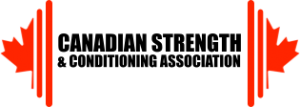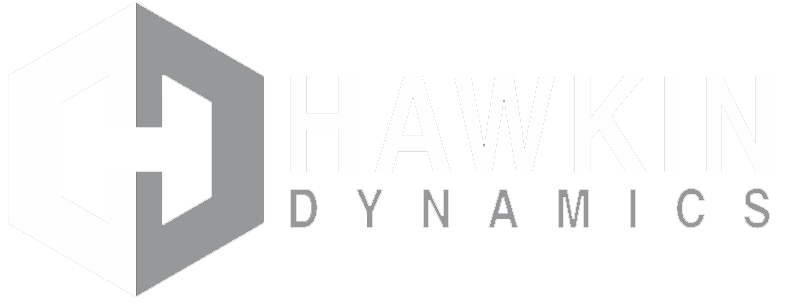The 2020 Roller Coaster in Beach Volleyball
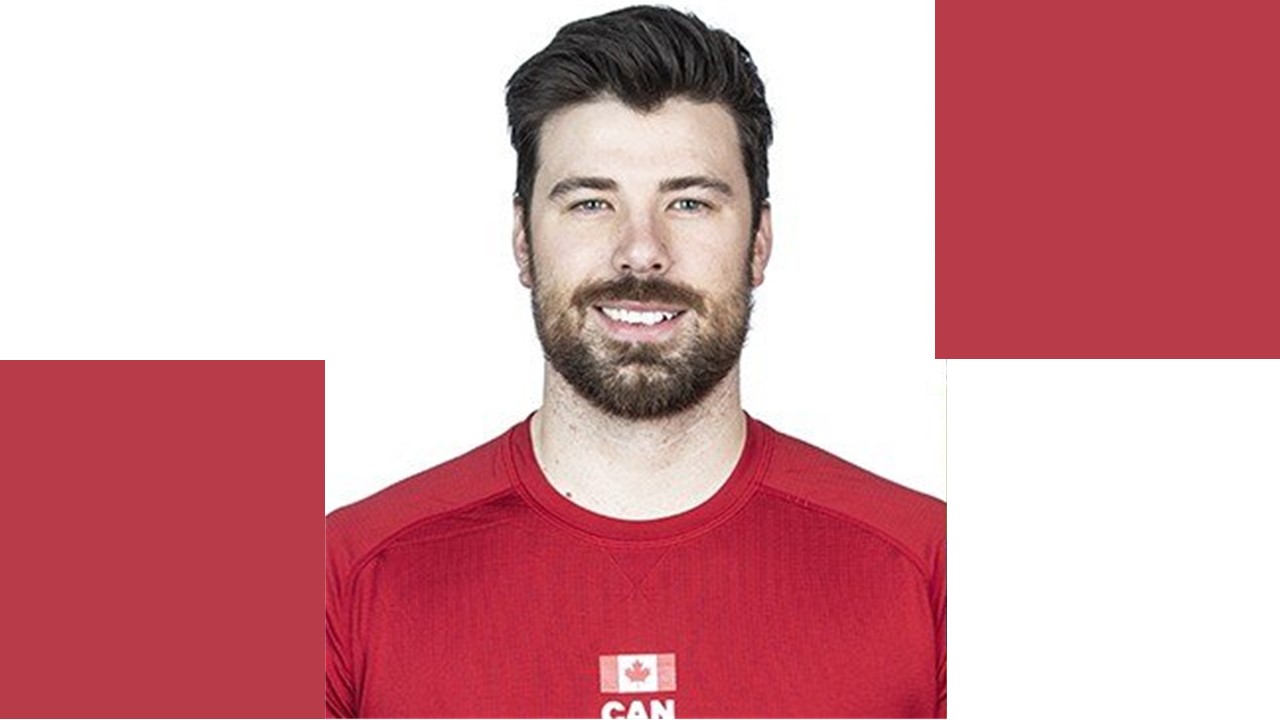
On February 28, 2020 I was flying home from the Canadian Olympic Committee’s final site visit before the 2020 Summer Olympics in Tokyo. The venue, Olympic village and city looked ready to have us back in less than 150 days when……
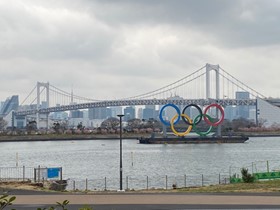
There was some discussion of the coronavirus, but the best medical consensus was that this would be similar to the flu – practice good hand hygiene (wash & sanitizer), cough into the crook of your elbow, and we’d be fine. It still blows my mind to think how much the world changed over the next 2 weeks. Our international competitions were suspended / cancelled and by the end of the month, the IOC announced Tokyo 2020 was postponed for 1 calendar year until July 2021.
The week that Canada announced they would not be attending the 2020 Olympics – regardless of decisions made by the International Olympic Committee, was like spinning multiple plates at the same time. Communicating internally with athletes, coaches and staff; externally with Canadian Olympic Committee and other performance partners; and watching the daily government public health updates to monitor changes so that our protocols align with local, provincial and federal guidelines. There was a massive volume of information, but also a massive amount of uncertainty.
“Obstacles are not only to be expected but embraced. Embraced? Yes, because these obstacles are actually opportunities to test ourselves, to try new things, and, ultimately, to triumph. The obstacle is the way” (The Obstacle Is The Way, Ryan Holiday, p 10).
When information is
lacking, we try to fill information gaps with hypotheticals (or stories). That can – and did – lead to many sleepless
nights in the first weeks of the pandemic shut down. I was trying to anticipate every
potential scenario and what the possible responses could be and what the best
solution is. My eureka moment was a
reflection on what “time critical” decisions had to be made. Very few, if any decisions off the court need
to be made instantaneously. By slowing
down and taking the time to collect quality information from reputable sources,
decisions could be made calmly and with consideration of wider implications –
ultimately leading to better and more stable decisions. Stealing from journalism, it’s better to get
it right than to get it first. Taking a
patient approach also leads to more sleep and better mental health – an
important (and sometimes overlooked) quality to overcome challenges during
stressful times!
Within the Canadian Olympic system, we operate in 4 year / quadrennial cycles – Athletes, Coaches and Staff meticulously planning details from the macro to micro levels. Each year of the quad has a general theme and by the time we reached March 2020, all systems on and off the court were coordinated to optimize performance. With the IOC resetting the clock for another year, there was disappointment, frustration and uncertainty – but there was also massive opportunity. The 2020 prep then became a trial run and the opportunity to reflect, refine and apply learnings to be in an even better position leading in to the 2021 Olympics. Other opportunities allowed us to manage injuries, technical / tactical gaps, and improve our behind-the-scenes processes that facilitate the support systems. If we have to wait another year to compete at the Olympics, we want to make sure we show up in an even better position than we would have in 2020.
An extremely unique opportunity that presented itself was the ability for athletes & staff to dedicate time to growth and development beyond the sport performance environment. Whether that means academic or professional development, connecting with friends and family, gaining career or vocational experience or any other part of their identity beyond “athlete” or “strength and conditioning coach”. Personally, I had written off being able to attend my son’s first birthday and other major milestones while I was supposed to be away at competitions and the Olympics. Being able to spend time as a dad/husband/son/brother/friend gives me perspective and energy for when times when I step back into my role and be at my best supporting sport performance.
As individual teams – and the program as a whole – began preparations for the 2021 season, we continue to have many unknowns – chiefly, what the 2021 international competition schedule looks like leading into the Olympics. So instead of focussing on the factors that are beyond our control (schedule, competitors, pandemic), the focus shifts on to what we can influence – primarily going about the work to become better beach volleyball athletes so that when competitions resume, we are better equipped in all domains (tactical, technical, physical, mental, …) in order to dominate on the sand. At the end of the day, control the controllables: your actions and your attitude.
In a typical year, we build out these plans as part of the Yearly Training Plan and assign objectives of each micro, meso and macro cycle which are all anchored to dates on the calendar. What this pandemic continues to teach us is that plans will change as new information arrives and restrictions change to support public health measures. This year’s plan has become more checkpoint-based – address individual and team gaps progressively taking volume, intensity and overall demands closer and closer to competition specificity. If we get into a scenario where we need to stop, recalibrate and set a new path, we do based on the checkpoints rather than the date on the calendar. As new information comes to light, we adjust our course and continue forwards along our paths. That will be the key – keep moving forwards.
In summary, lessons from the (ongoing) COVID19 pandemic:
- Slow down your decision making – take the time to get things right and think it through
- Flip challenging situations by converting opportunities into competitive advantages
- Dedicate your time and energy on those factors you are able to influence.
- Write your plans in pencil – they’ll need to evolve as new information comes out
Stay healthy, stay safe, and keep moving forward!
Ryan MacDonald has worked with athletes from a variety of sports. His current role as IST Lead with Beach Volleyball is now his primary focus.

